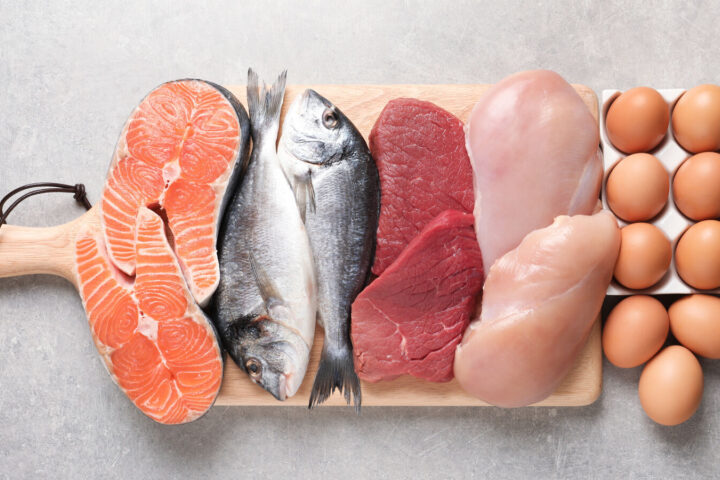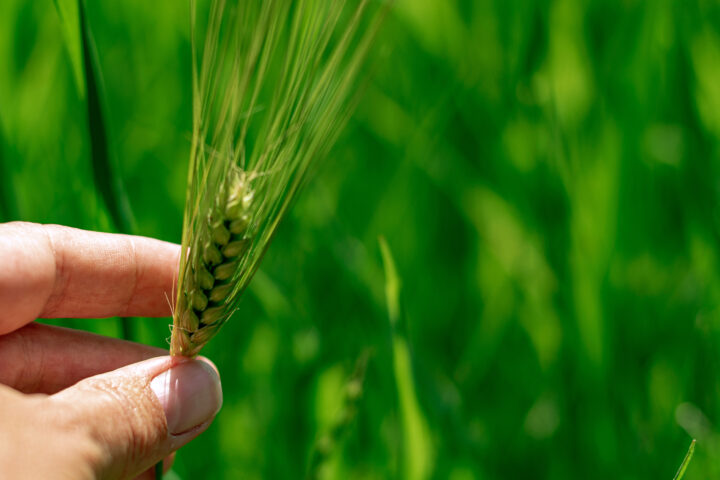
Many groceries are becoming more expensive
The meagre harvests of last summer will have an effect well into the new year. Rising raw material prices are leading to sometimes significant price increases in stores. Dairy and wheat products such as bread and pasta are particularly affected.
Wednesday, January 19, 2022
The "Tages-Anzeiger" reports on rising commodity prices, which are affecting food prices. The reasons for the price premiums are last year’s crop failures, increasing packaging and transport costs and increasing demand from China. Retailers and food producers are increasingly haggling over prices. Examples include milk products such as butter, yogurt or milk coffee. According to Markus Abt, Head of Communications at Emmi, there are currently “strong cost-increasing tendencies at all processing levels”. According to Abt, various commodities are also under inflationary pressure. He cites coffee as an example. The price of coffee is up to 50 percent above the long-term average.
Higher prices and more imports
As a result, consumers will have to dig deeper into their pockets for many groceries this year. In addition to dairy products, wheat products such as bread and pasta are also affected by price increases. The reasons lie in particular in the poor wheat yields. Tightening of supply has led to an all-time high in the price of wheat in November 2021. In Swiss bakeries, the prices for bread and croissants will therefore increase by 10 to 15 percent. More and more imported wheat is also being using in baking. It is not yet possible to assess whether bread will become similarly expensive at the major distributors. At Coop, the Prix-Garantie half-white bread costs 9.1 percent more and toast from the same brand costs 11.8 percent more. Even pasta is not immune to the price increases. Already at the end of 2021, prices for pasta have risen due to the poor durum wheat harvest. In December 2021, Coop announced that the Kilo Prix-Garantie Fusilli would now cost CHF 1.20 (1.32 USD) instead of CHF 0.90 (0.99 USD). The price for Barilla's Penne Rigate also rose. A 500 gram package now costs CHF 2.50 (2.74 USD) instead of CHF 2.20 (2.41 USD). Consumers are price-sensitive: According to a survey by the Swiss Retail Federation, price is more important than sustainability labels. Even in Switzerland, not all consumers can afford higher food prices.
Sources
Poor harvest year 2021
The year 2021 will leave its mark on practically all crops in the form of harvest losses and total failures. Particularly affected are viticulture and fruit growing, where severe hailstorms destroyed most of the fruit. However, added to this was waterlogging of fields and strong pressures from plant diseases. Powdery mildew and late blight were able to spread particularly well due to the damp and wet conditions. In order to protect potatoes to some extent from late blight, farmers were dependent on effective pesticides. Without these means, there would probably have been total failures in the potato harvest as well. 150 years ago, the fungal disease destroyed entire annual crops and led to terrible famines that claimed a million lives in Ireland (out of a population of 8 million at the time) and triggered mass emigration. The wet summer of 2021 would probably also have led to famine in previous generations - when no effective pesticides were available and imports were not possible. This was taking place in a summer when two popular initiatives wanted to ban the use of pesticides or financially reward non-usage and thus wastage of food on the field. A current study by Agroscope once again confirms: A total renunciation of pesticides would result in crop failures of up to 47 percent. That means: More imports where imports are possible. Where no replacement can be obtained, second-class goods come onto the shelves or shelves remain empty. For consumers, scarcity also means higher prices.
Related articles

Why Strict GMO Regulation Stifles Innovation
New breeding techniques such as CRISPR-Cas are considered key to developing resilient crops, stable yields and reducing the need for plant protection products. ETH professor Bruno Studer warns that overregulating these technologies strengthens precisely those large agricultural corporations that critics seek to curb, while excluding smaller breeders and start-ups from the market.

A Superfood with Benefits and Challenges
Sweet lupin is Biovision’s “Superfood of the Year 2026.” It delivers high protein content, improves soils and supports biodiversity. Yet a closer look at agricultural practice shows that without breeding, crop protection and innovation, even this superfood remains a challenging crop.

Sales bans due to PFAS: Should we be worried?
After spectacular sales bans on fish and meat due to PFAS contamination, consumers are asking themselves: How dangerous are these substances really – and what can still be placed in the shopping basket without concern?

How German Experts View New Breeding Techniques
In hardly any other country is the idyllic image of organic farming cultivated in the public sphere as carefully as in Germany. Naturalness and rural authenticity are powerful mental refuges for many Germans. Against this backdrop, it is hardly surprising that resistance to new breeding techniques is strong – and that ignorance about the realities of organic farming sometimes appears almost deliberate.

